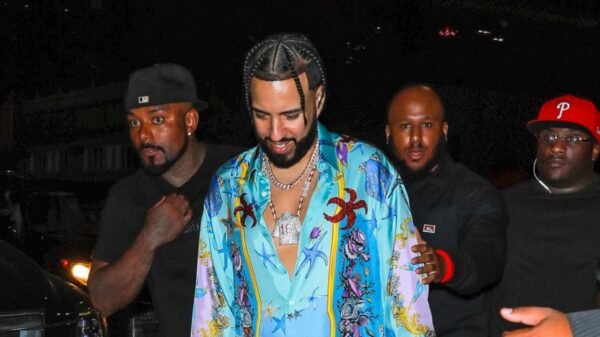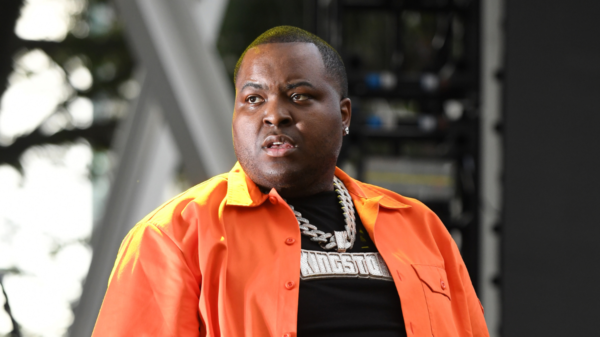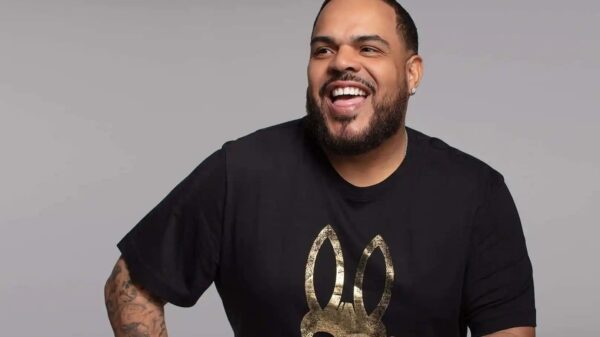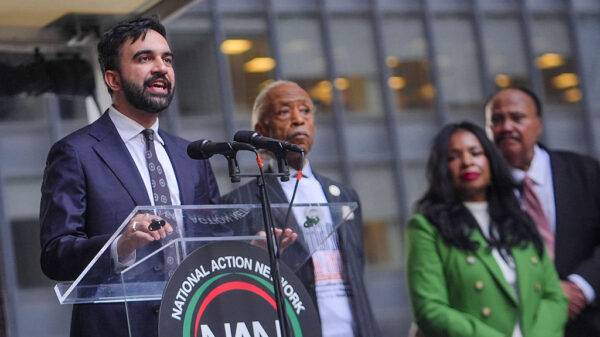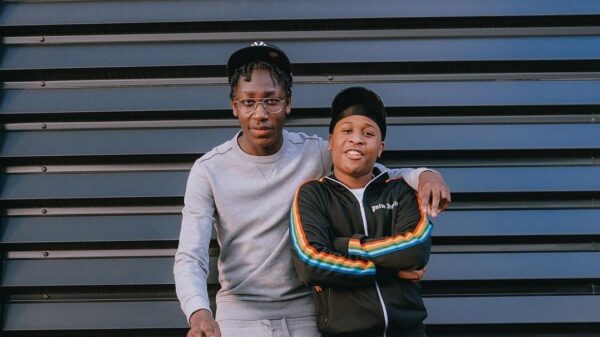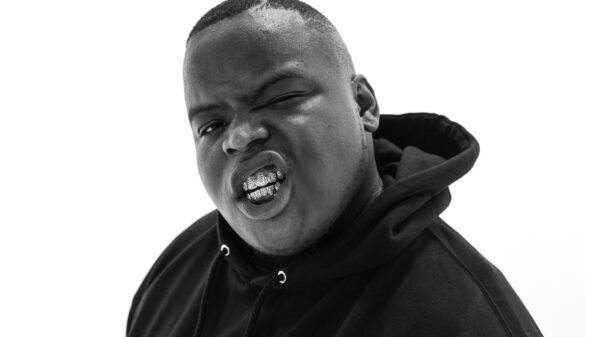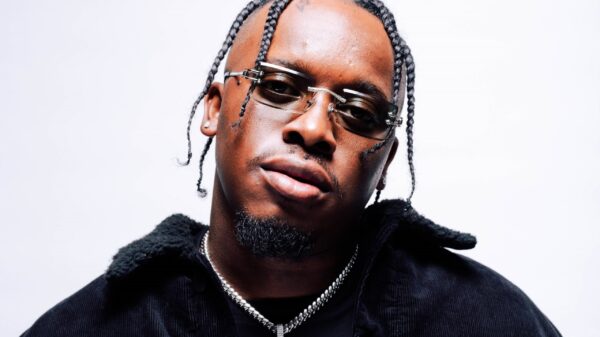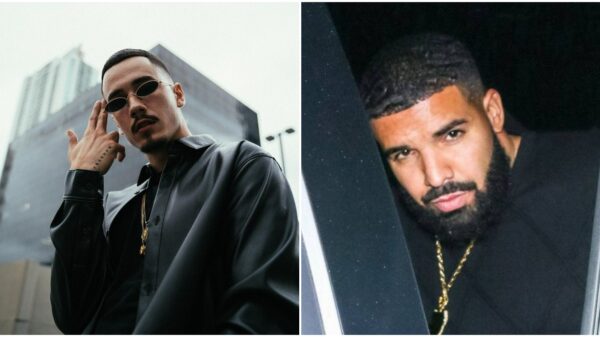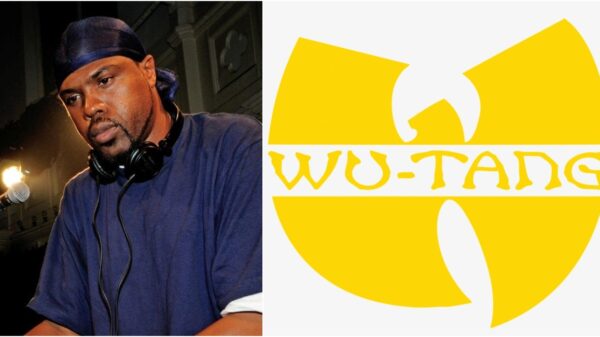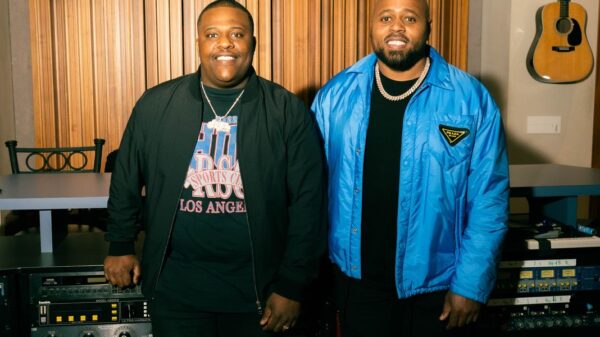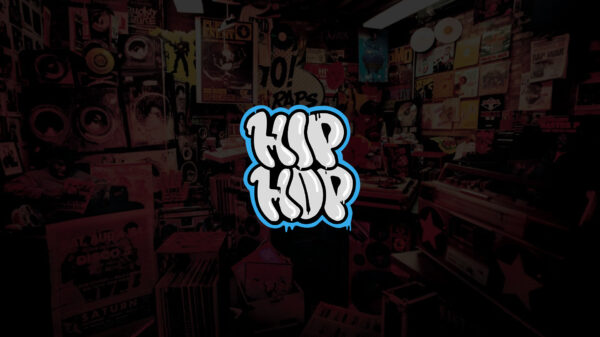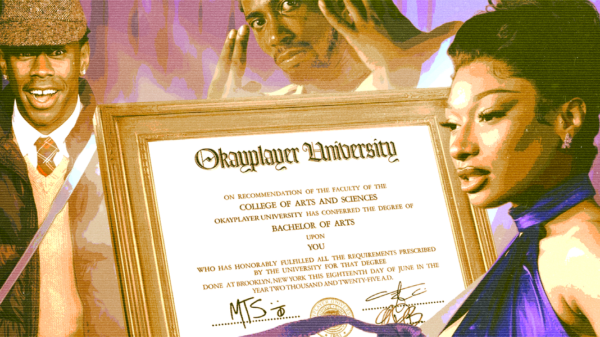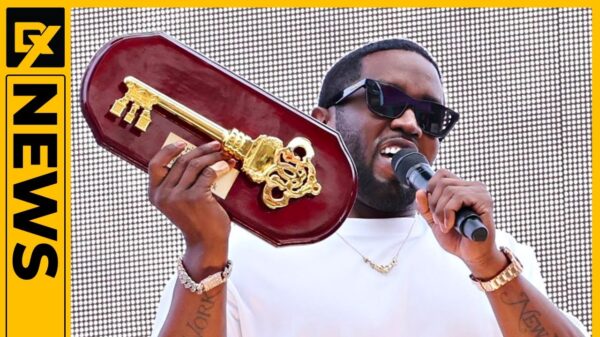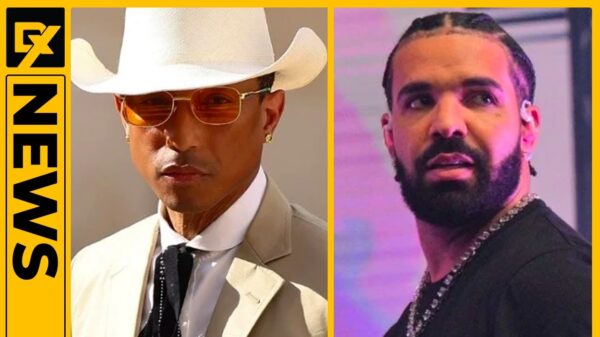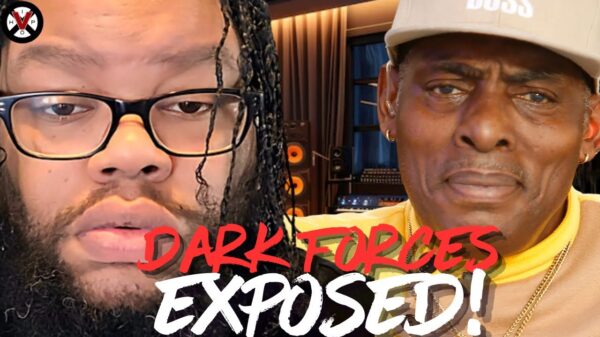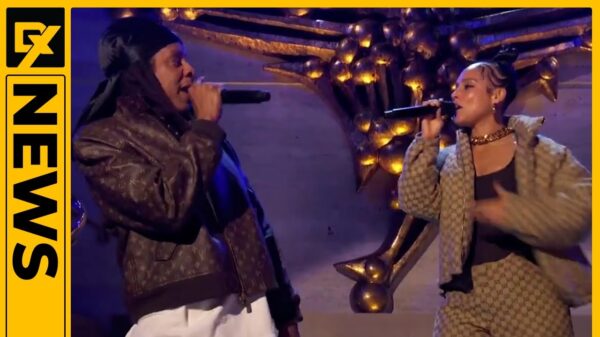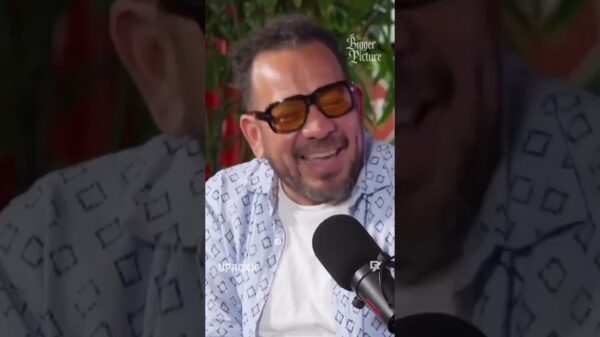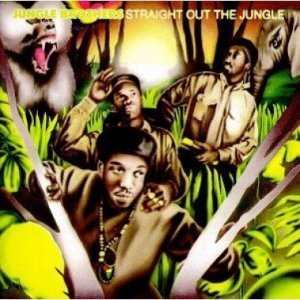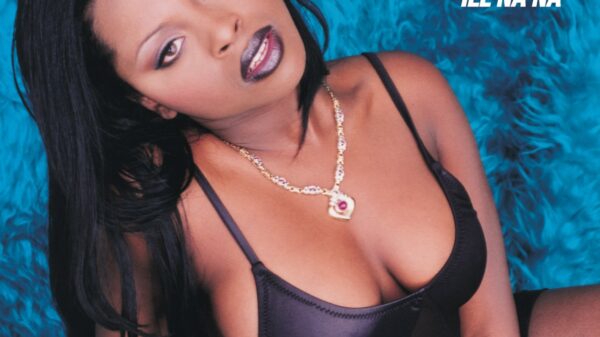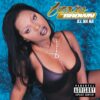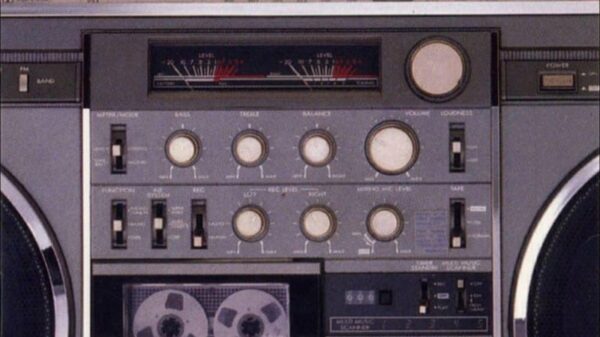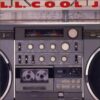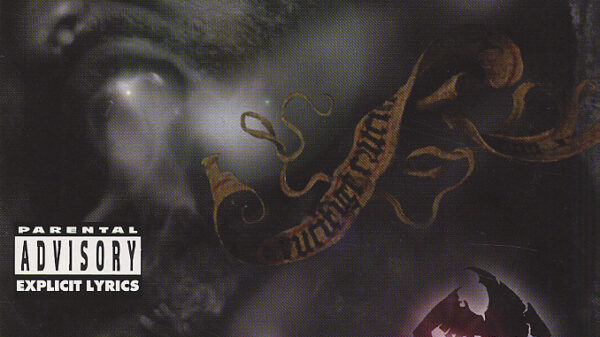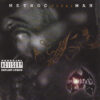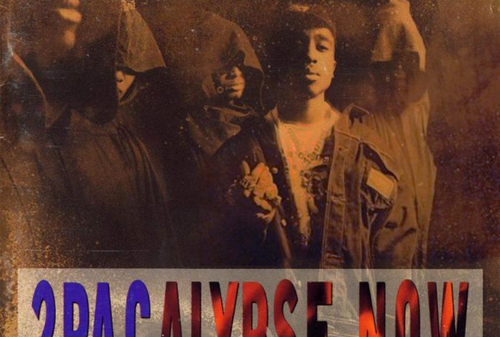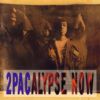On today in Hip Hop historical past, the Jungle Brothers launched their debut LP Straight Out the Jungle. As the primary challenge of the illustrious Native Tongues collective, different members embody De La Soul, A Tribe Referred to as Quest, and Black Sheep, this album opened the door for a brand new kind of aware rap. With their Afrocentric affect and sample-heavy manufacturing, the Jungle Brothers have been capable of create a novel sound in a saturated New York Hip Hop scene.
Coming on the finish of the gold roped, tracksuited and Kangol Golden Age of Hip Hop this album ushered in a brand new period. By way of a brand new fashion of sampling and nearly no regard to the flamboyancy of mid-80’s rap, this album grew to become a real trailblazer. The trio’s adventurous tackle Hip Hop led to them exploring in any other case uncharted waters. Their jazz and home affect created a brand new lane for Hip Hop crossovers left behind by Def Jam’s obsession with rap-rock. The group’s lyrics have been additionally a wholesome and wanted change to the style. Previous to its launch, rap was principally dominated by MC’s rapping about how significantly better they may rap than everybody else. The Jungle Brothers got here with bars to complement the thoughts and soul of their listeners reasonably than stroke their very own ego. Songs like “Straight Out of The Jungle” and “Black is Again” have been a number of the first rap songs with an overtly pro-Black message.
Commercially, the album was a quiet success, peaking at solely #39 on the Billboard 200. Critically, nonetheless, this album was extremely thought to be a brand new starting for Hip Hop. Publications throughout the board hailed this album as a recent tackle rap as a complete. This album kicked off a brand new counter-culture in Hip Hop. Followers started to depart behind their flashy get-ups for dashikis and leather-based African pendents fueled by a brand new sense of blackness and cultural delight. Because of the Jungle Brothers and their debut, the early ’90s grew to become the Hip Hop equal to the late ’60s of rock ‘n’ roll.


